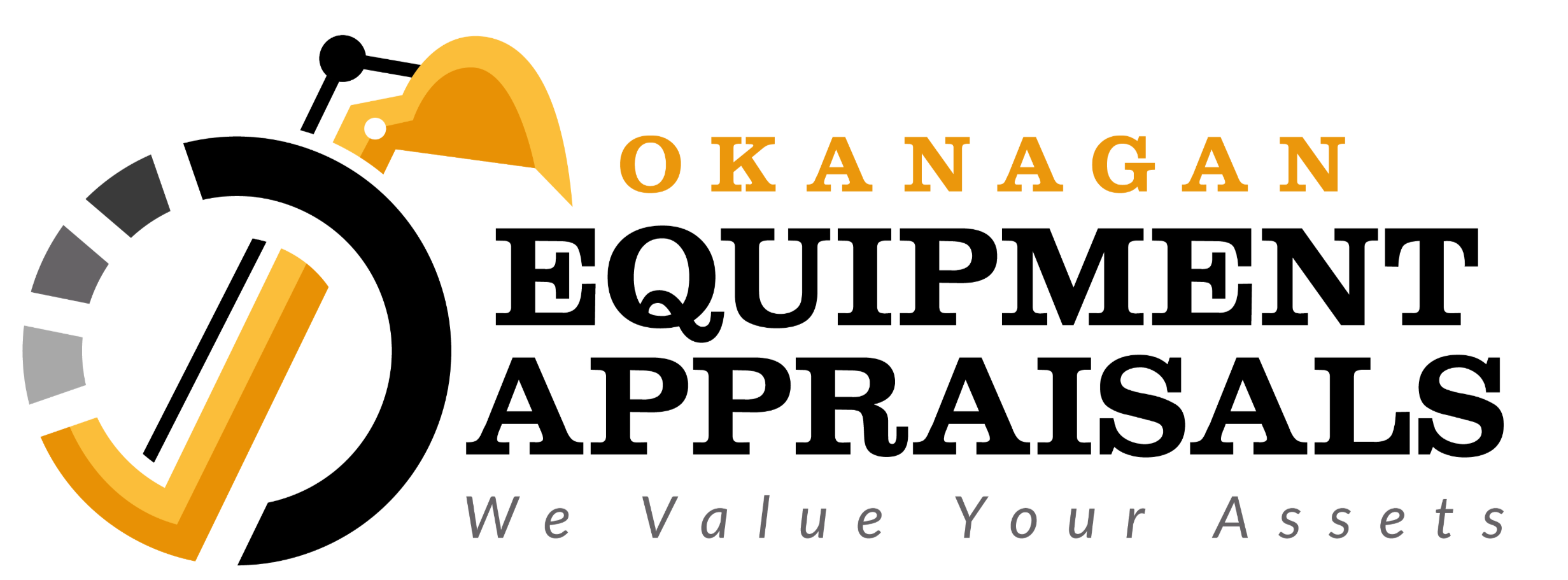Equip for Success: Expert Advice on Equipment Appraisal You Need to Know!
- OEA Staff
- May 22, 2024
- 4 min read
Updated: Jul 15, 2024

As appraisers specializing in machinery and equipment, we've encountered a myriad of challenges and opportunities when it comes to evaluating assets for businesses. In this article, we'll share our insights and practical tips gleaned from hands-on experience in the field of equipment appraisal, tailored specifically for business owners keen on maximizing the value of their assets.
Understanding Equipment Appraisal
Defining the Process
Equipment appraisal is not just about assigning a monetary value to machinery; it's a strategic assessment that can significantly impact a business's financial health and operational efficiency. Through meticulous evaluation, an appraiser aims to determine the fair market value of equipment, taking into account factors such as market trends, condition, and depreciation.
Market Trends Impact
Imagine you have a large manufacturing company that has failed to anticipate a shift in market demand for your products. As a result, you are left with a surplus of outdated equipment that has significantly depreciated in value. By staying updated on industry trends, businesses can avoid similar pitfalls and make informed decisions about their equipment investments.
Key Considerations in Equipment Appraisal
Assessing Market Trends
Staying abreast of market trends is essential for accurate equipment valuation. Industry fluctuations, technological advancements, and changes in consumer preferences can all impact the value of machinery. As such, appraisers must continuously monitor these trends to provide clients with the most accurate assessments possible.
Evaluating Equipment Condition
The condition of equipment plays a crucial role in its valuation. Signs of wear and tear, maintenance history, and overall functionality are all factors that appraisers consider when assessing equipment condition. Regular maintenance and prompt repairs can help preserve the value of machinery over time.
The Importance of Maintenance
If you had a construction company, you wouldn’t neglect routine maintenance on your heavy equipment. If you did, you’d risk frequent breakdowns and premature wear, which would significantly reduce the equipment’s resale value. By implementing a proactive maintenance schedule, your company would extend the lifespan of your equipment and maximize its value.
Tips for Maximizing Equipment Value
Regular Maintenance and Documentation
Routine maintenance is key to preserving equipment value. Keeping detailed records of maintenance activities not only helps track the history of each asset but also provides evidence of its care and upkeep. By staying proactive with maintenance efforts, businesses can prolong the lifespan of their equipment and maintain its value over time.
Investing in Upgrades and Modernization
In today's rapidly evolving technological landscape, investing in equipment upgrades can yield significant returns. Upgraded machinery often boasts improved efficiency, productivity, and reliability, all of which contribute to its overall value. Businesses should carefully weigh the cost of upgrades against the potential benefits they offer in terms of increased value and performance.
The Impact of Upgrades
Back to our imaginary manufacturing company we created earlier. This time the company hesitates to invest in new CNC machines due to the upfront cost. Fortunately, after conducting a thorough appraisal, it's realized that the improved efficiency and precision offered by the new equipment would more than offset the initial investment. By upgrading its machinery, the company can not only enhance its production capabilities but it can also increase the overall value of its assets.
Navigating Challenges in Equipment Appraisal
Handling Unique or Specialized Equipment
Appraising specialized machinery presents unique challenges due to their niche nature and limited market demand. In such cases, appraisers must leverage their industry expertise and network to accurately assess the value of these assets. Additionally, considering alternative uses or markets for specialized equipment can help maximize its value.
Addressing Regulatory Compliance
Regulatory compliance is a critical consideration in equipment appraisal, especially in industries with strict safety and environmental regulations. Appraisers must ensure that equipment meets all relevant regulatory standards to avoid legal repercussions and protect the safety of employees and the environment.
Leveraging Technology in Equipment Appraisal
Introduction to Technological Tools
Advancements in technology have revolutionized the equipment appraisal process, making it more efficient and accurate than ever before. Digital tools such as asset management software, mobile apps, and data analytics platforms enable appraisers to streamline workflows, access real-time data, and generate comprehensive reports with ease.
Recommendations for Software and Applications
For businesses looking to streamline their equipment appraisal processes, investing in the right software and applications is crucial. Look for tools that offer features such as asset tracking, maintenance scheduling, and depreciation calculations. By harnessing the power of technology, businesses can improve accuracy, efficiency, and transparency in their appraisal operations.
Conclusion
In conclusion, equipment appraisal is a critical component of effective asset management for businesses across various industries. By understanding the nuances of the appraisal process and implementing expert advice, businesses can maximize the value of their machinery and equipment, ultimately driving long-term success and profitability. Whether it's staying updated on market trends, investing in maintenance and upgrades, or leveraging technology, proactive measures can significantly enhance the value and performance of equipment assets. As experienced appraisers, we're here to offer guidance and support to businesses seeking to optimize their equipment appraisal strategies and achieve their financial goals.
